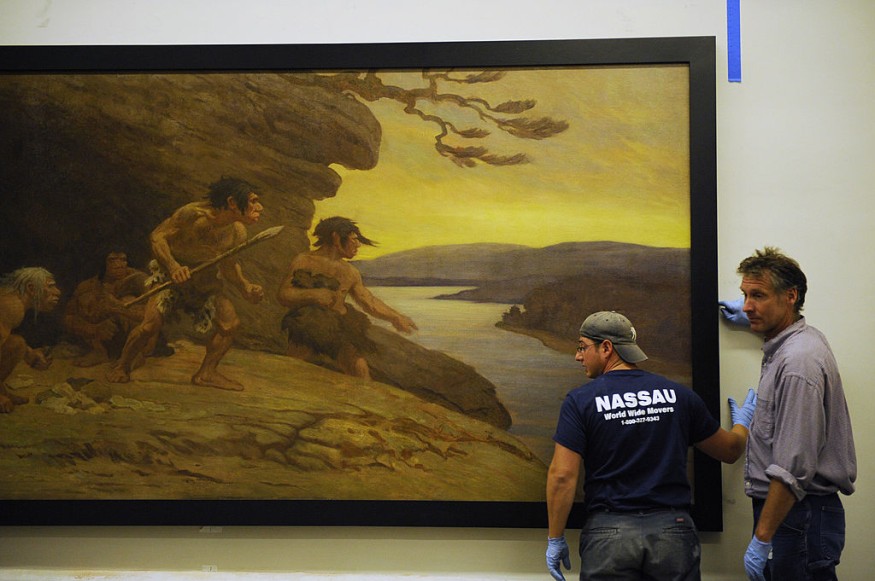
A new study suggests that we had inherited specific genes from the Neanderthals, which is clinically relevant for us today.
While it is known that this specific genetic variant from one of our closest hominin cousins was introduced to modern humans 60,000 years ago, the two groups evolved rather independent with each other, whereas modern humans evolved on the African continent, while Neandertals evolved in Eurasia. Thus, there might have been different evolutionary pressures between the two groups that makes one more advantageous than the other in their respective environments.
Researchers recently discovered that sharing these specific genes has affected how humans today process medicine and put people with lower enzymatic activity at risk of toxic reactions from standard doses of pharmaceuticals such as warfarin, ibuprofen, and cholesterol-lowering statins, ScienceAlert reported.
The Right Dosage
Researchers of the study published in The Pharmacogenomics Journal explain that variants in enzymes responsible for breaking down these medications have ancient origins, which explains why some people that carry a common Neandertal gene variant react differently to them.
"This is one case where the admixture with Neanderthals has a direct impact in the clinic. Otherwise, therapeutic doses can be toxic for carriers of the Neanderthal gene variant," said lead researcher and evolutionary geneticist Hugo Zeberg in Karolinska Institute.
DNA segment inherited from Neandertals was believed to exhibit generally less efficiency at eliminating drugs. "Too little, and it could be ineffective. Too much, and there is the risk of uncontrollable bleeding," LiveScience wrote in reference to Warfarin, a medicine used to lower the risk of harmful blood clots. As far as effectiveness is concerned, a drug should be administered at a right dosage as certain enzymes in the body which eliminate drugs may vary between individuals.
Thanks to advances in DNA technology, the study revealed how far our direct ancestors wandered the globe over tens of thousands of years, and paused to raise families with previous groups of migrants along the way.
"Legacy of Genes"
Year after year, scientists gradually uncover how genes evolved in long-lost populations and their contribution to differences in our own biology. Although these variations might be fairly trivial in some ways, knowing that it significantly affects our health, it is important that we understand as much information as we can about its evolution. Other research even contests that many Neanderthal genes still hold sway over our physiology, behavior, and even susceptibility to disease.
CYP2C9, a gene that encodes the cytochrome P450 - a superfamily of enzymes in the liver tasked with breaking down a wide range of medicines - also happens to come in a variety of subtly different shapes, each the result of one of 20 unique takes on CYP2C9's coding. The version of CYP2C9 you inherit could determine how long your dose of medicine sticks around in your body.
One type of this variation called CYP2C9*2 is 70 percent less active than the more common CYP2C9*1 gene variant, which carriers of the former may break down pharmaceuticals more slowly.
Nonetheless, these gene variants have their roots in Neanderthal genomes passed on in a mixing of our family lines tens of thousands of years ago, and tracing these variations have implications to diversity of health we see today.
Related article : Alien Sea Creatures Wash Up on Australian Coasts
© 2026 NatureWorldNews.com All rights reserved. Do not reproduce without permission.





